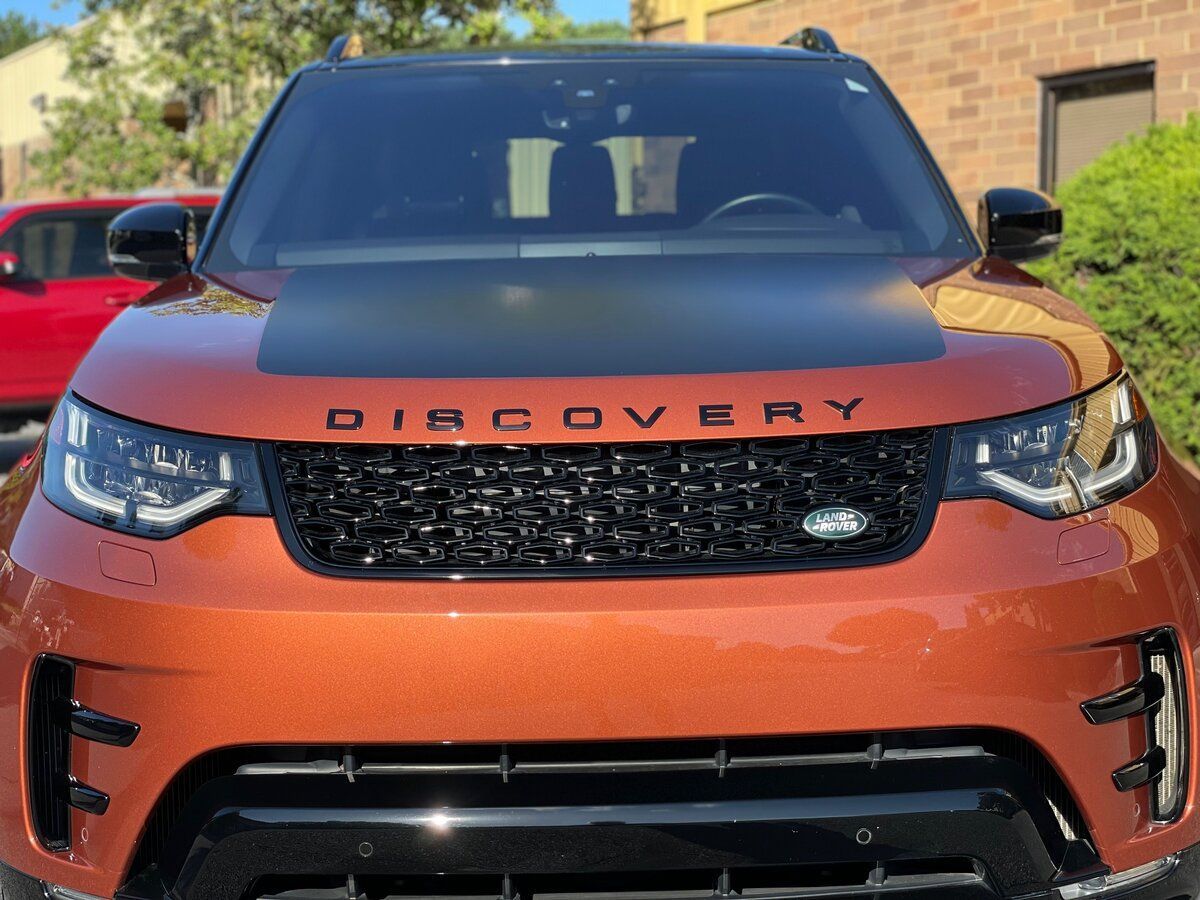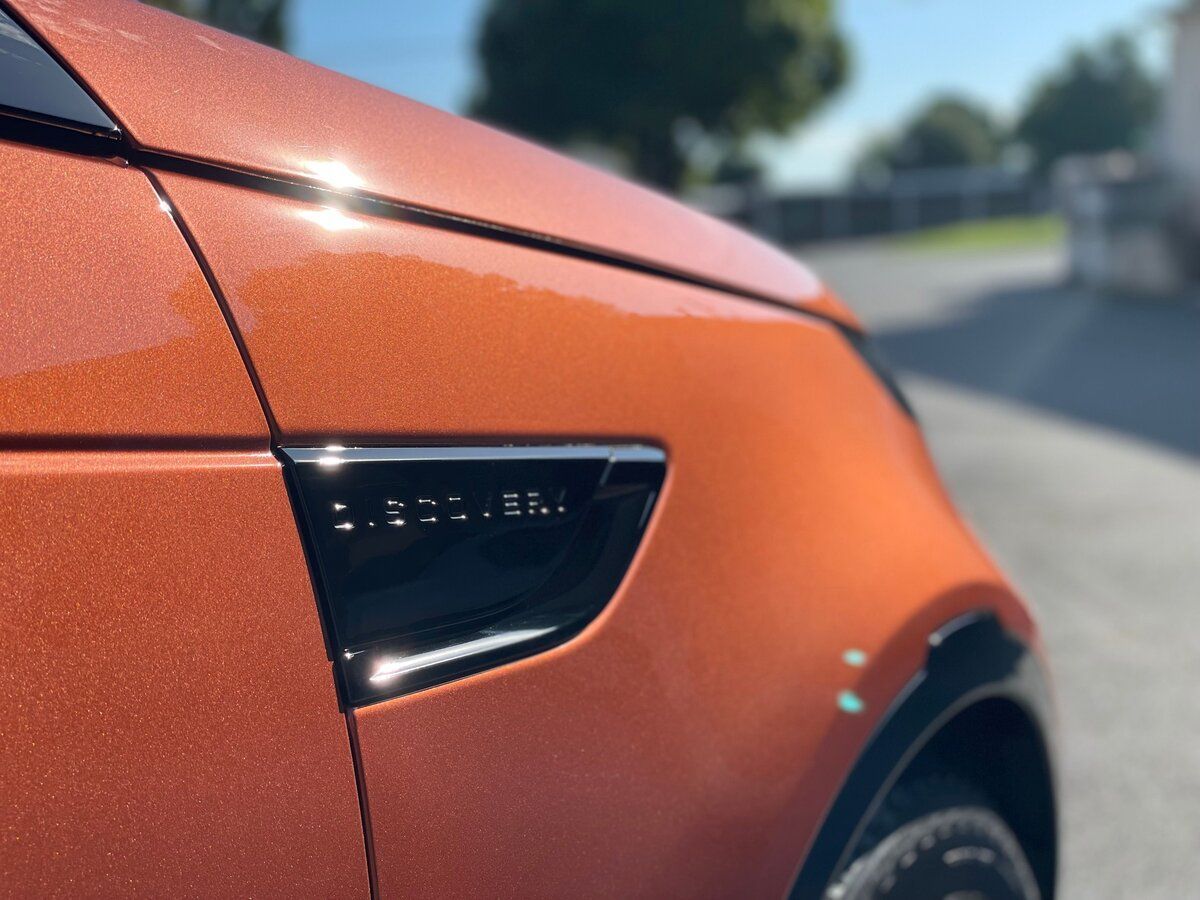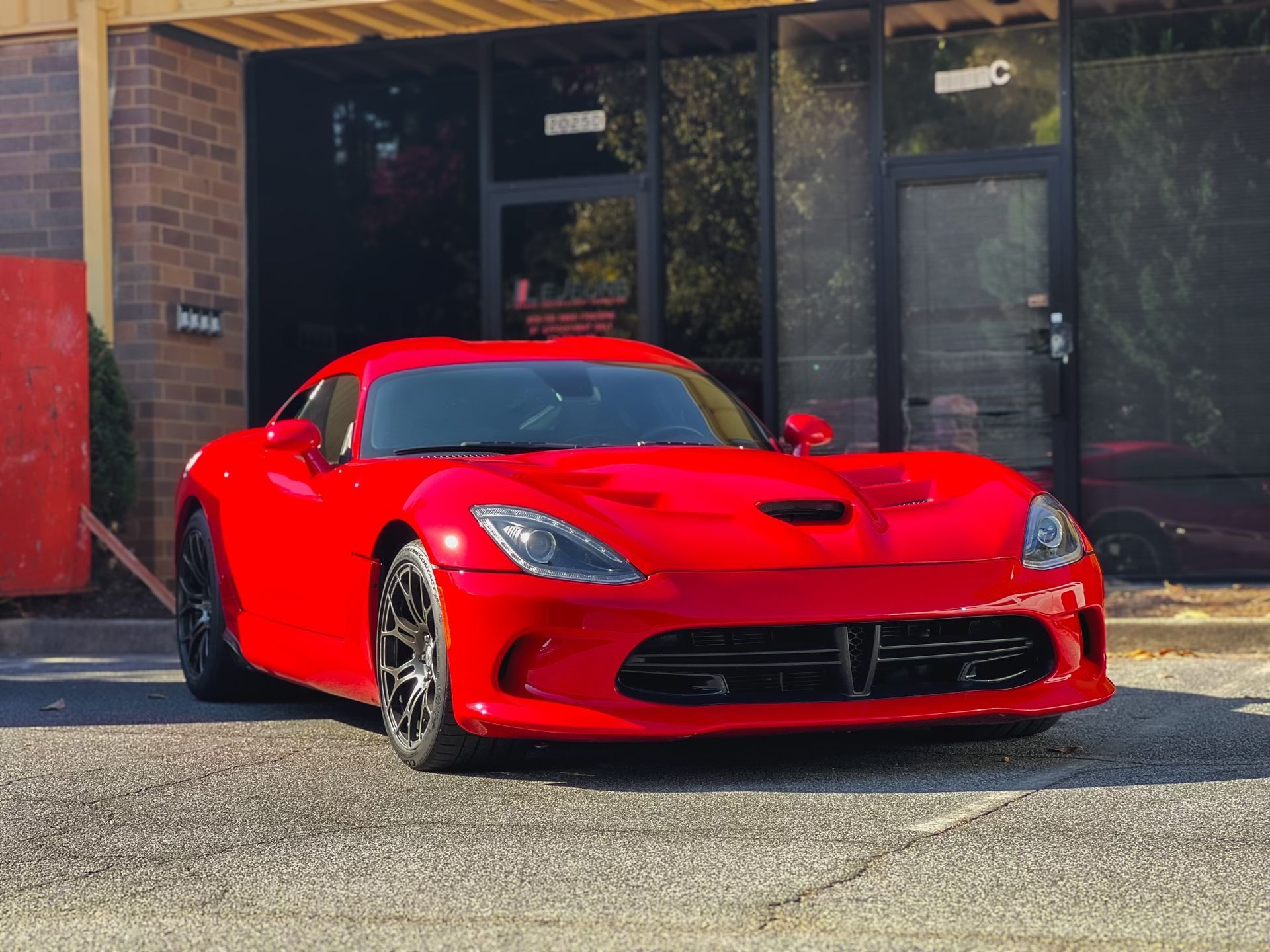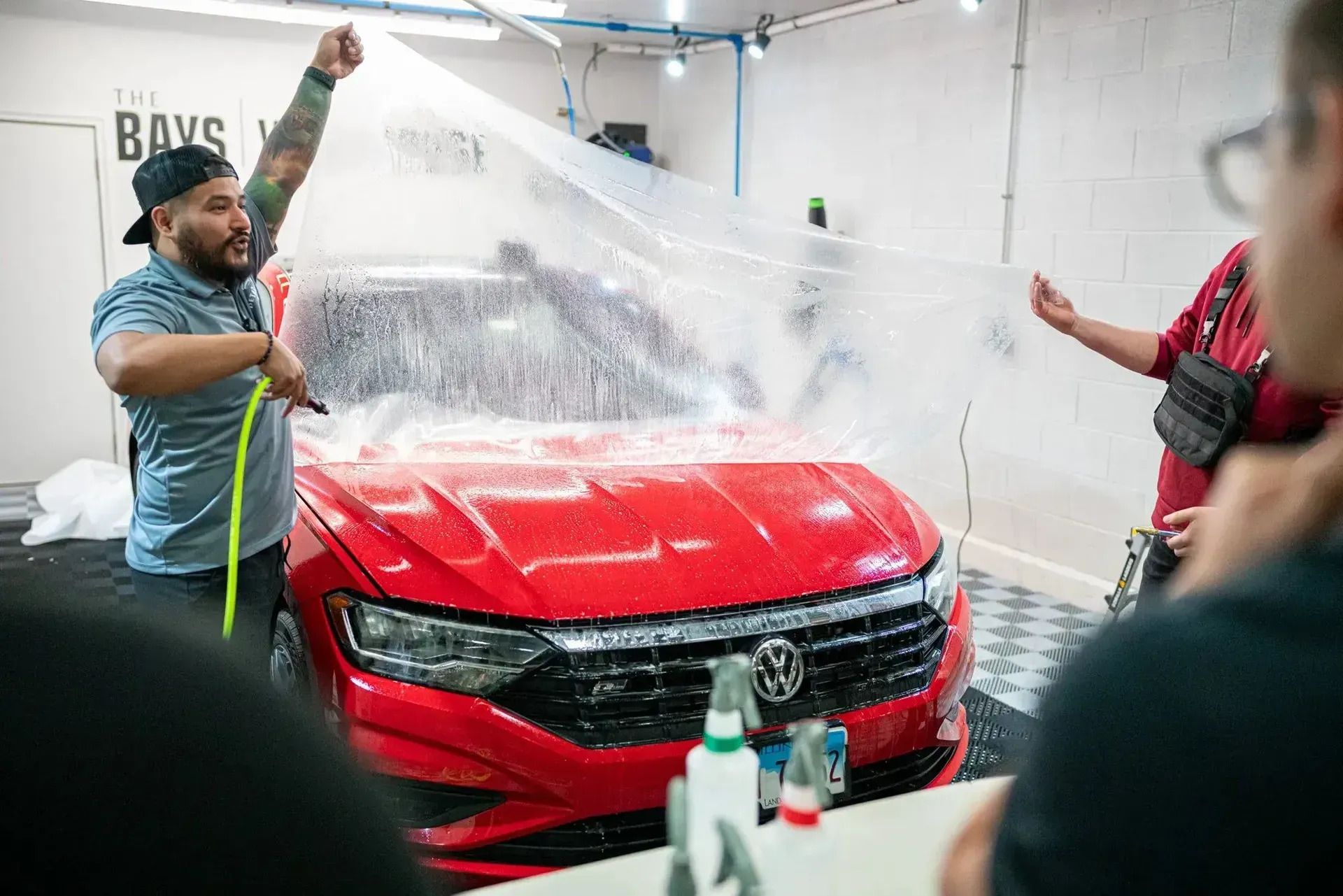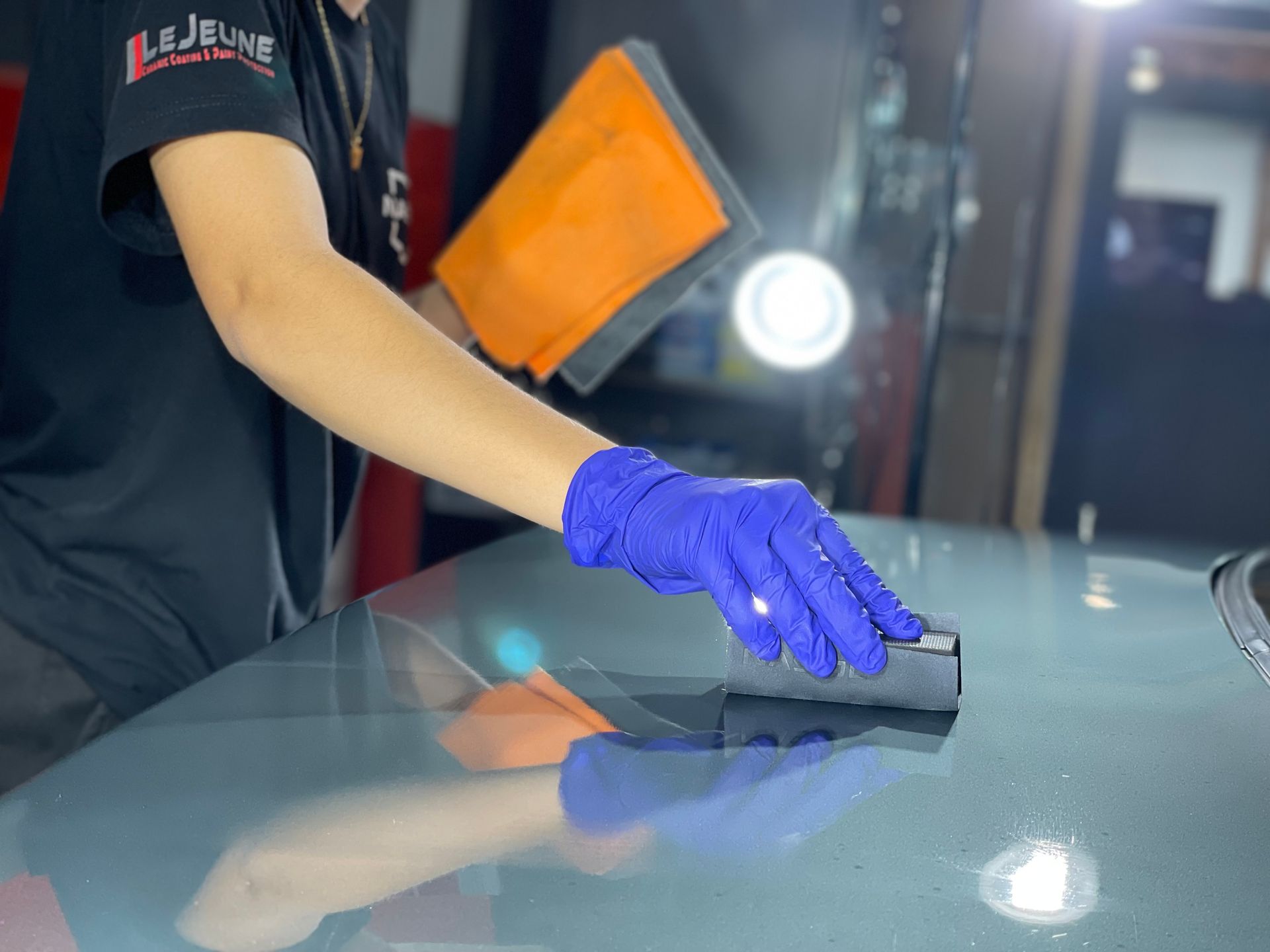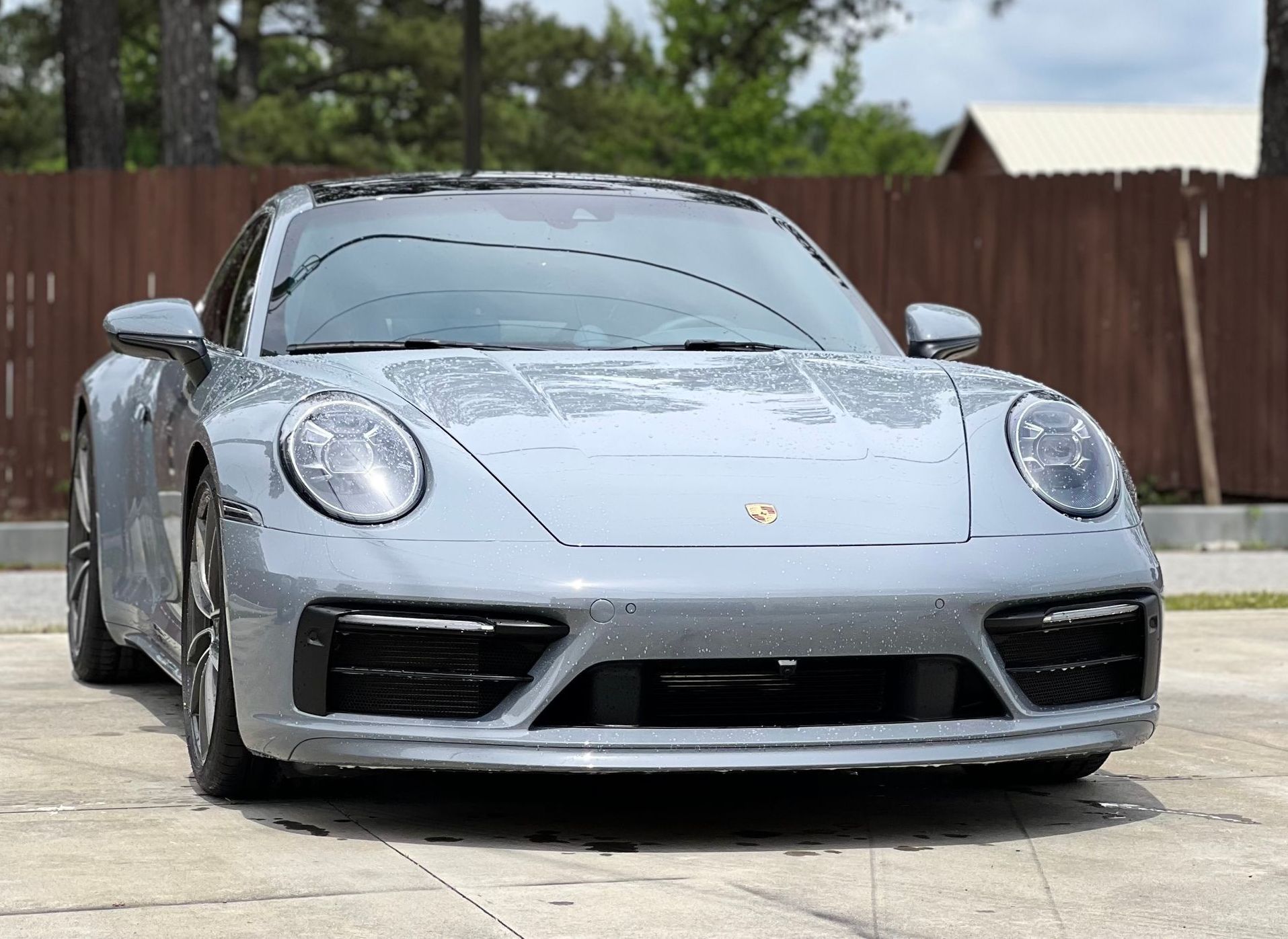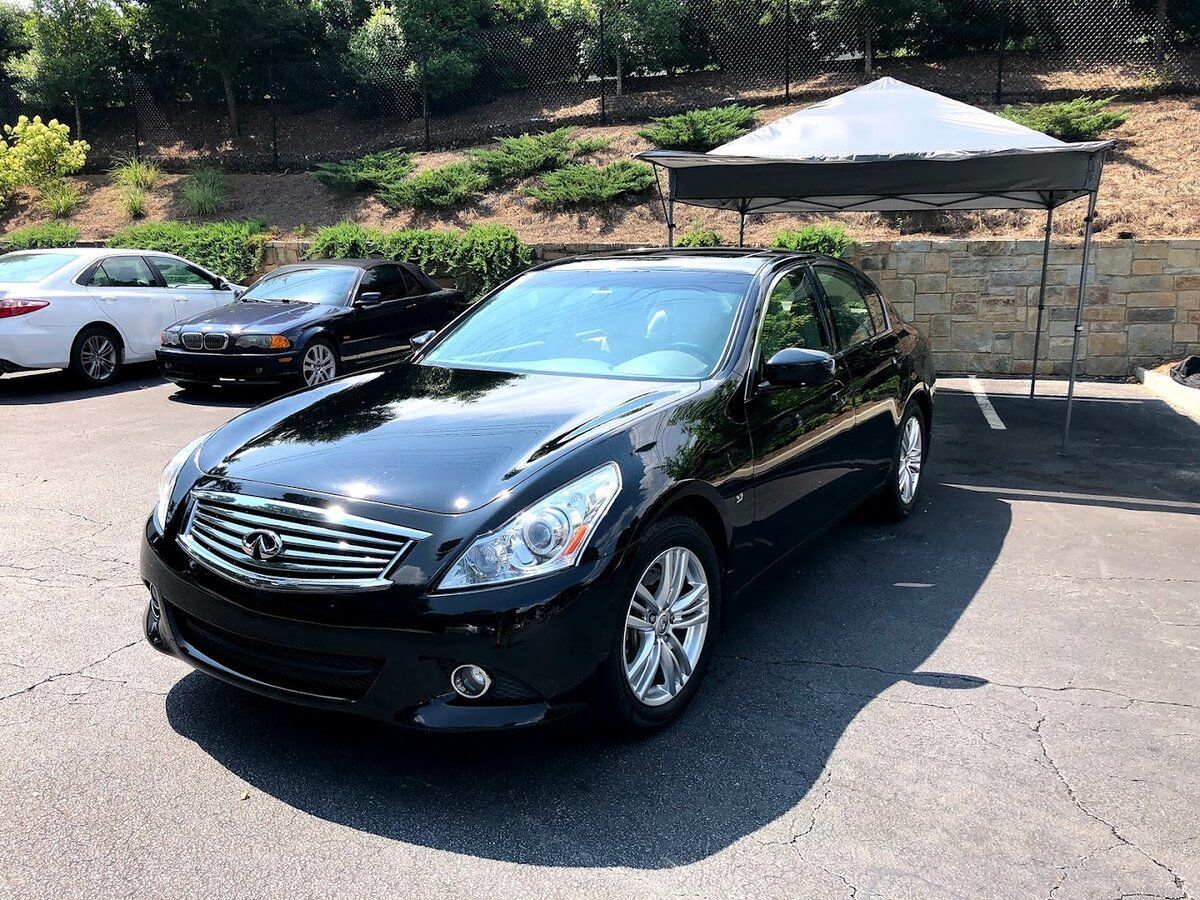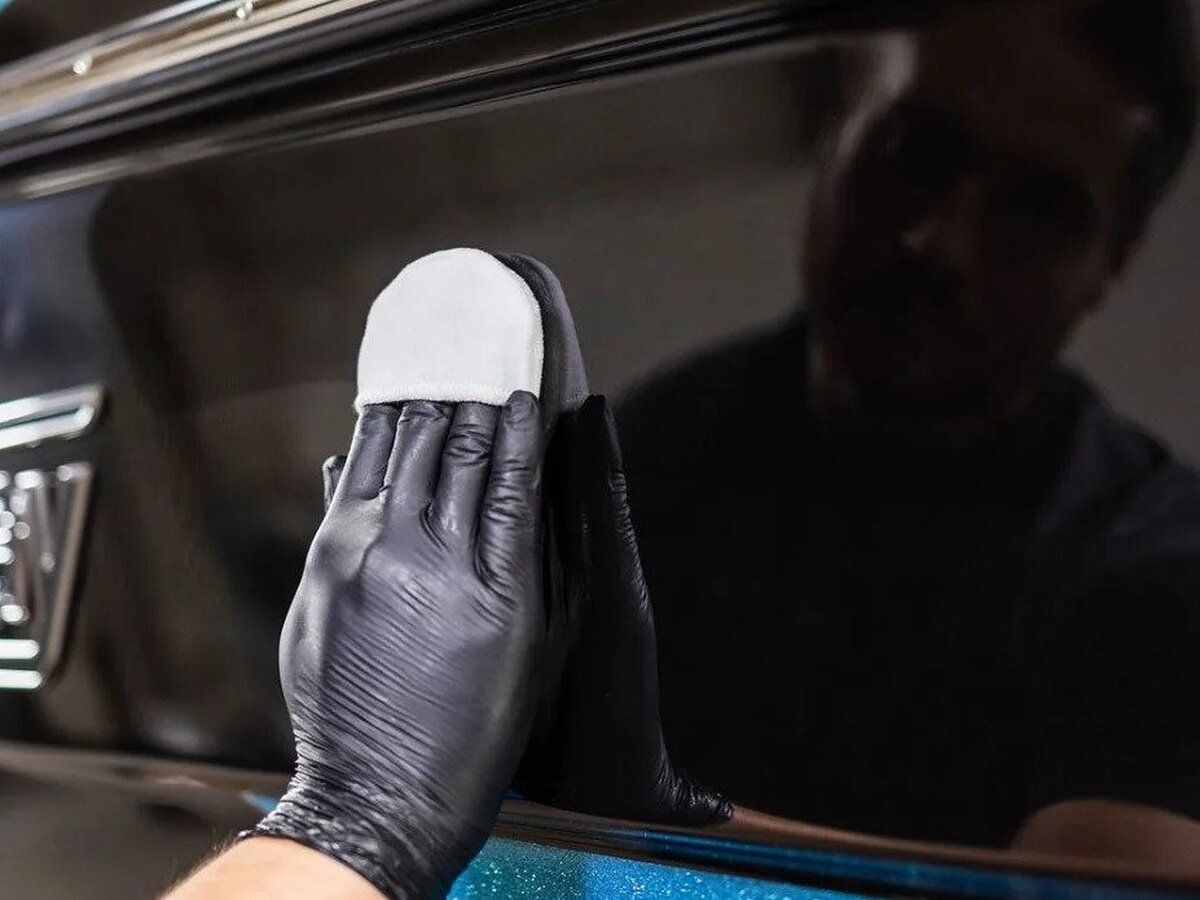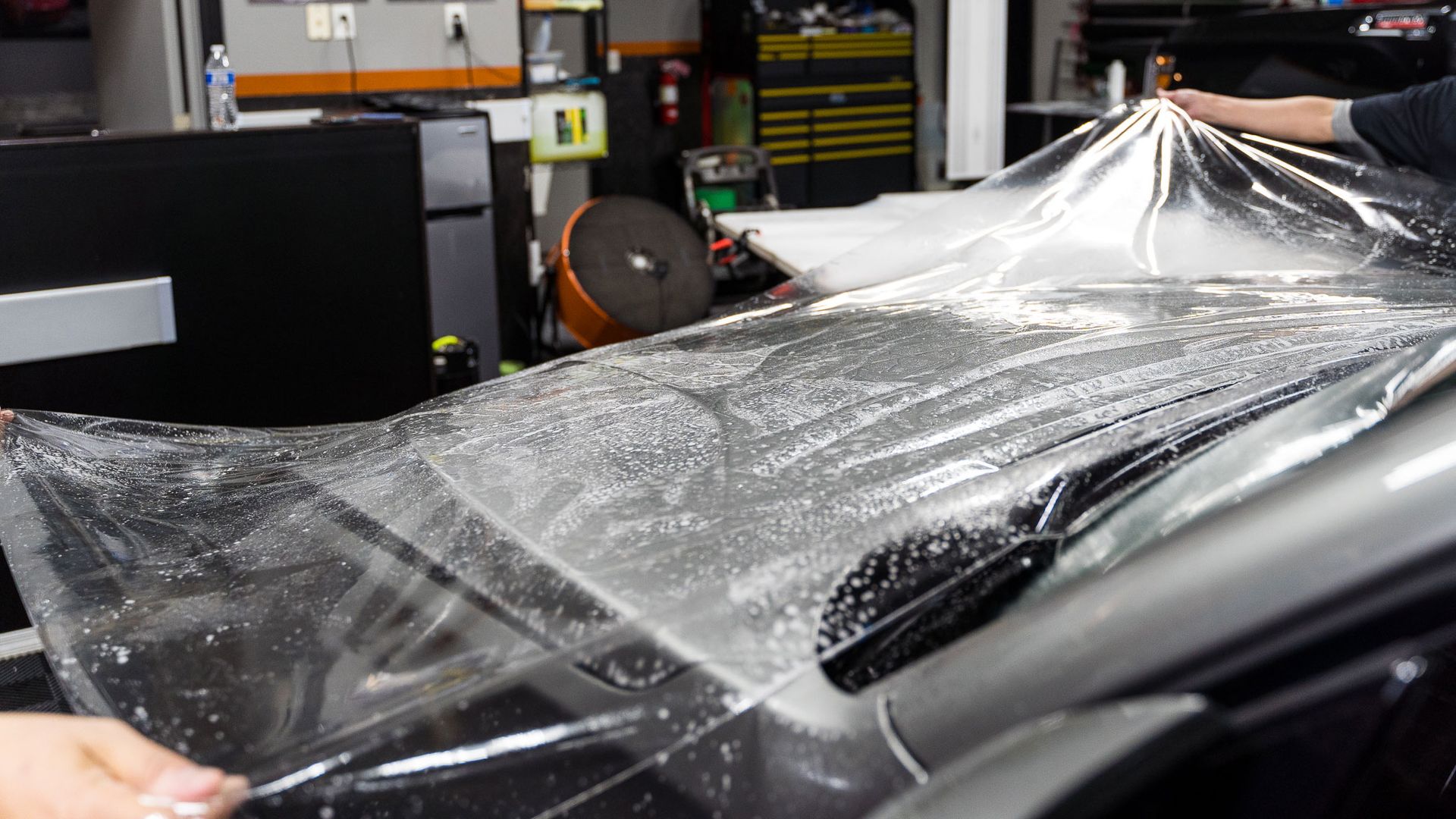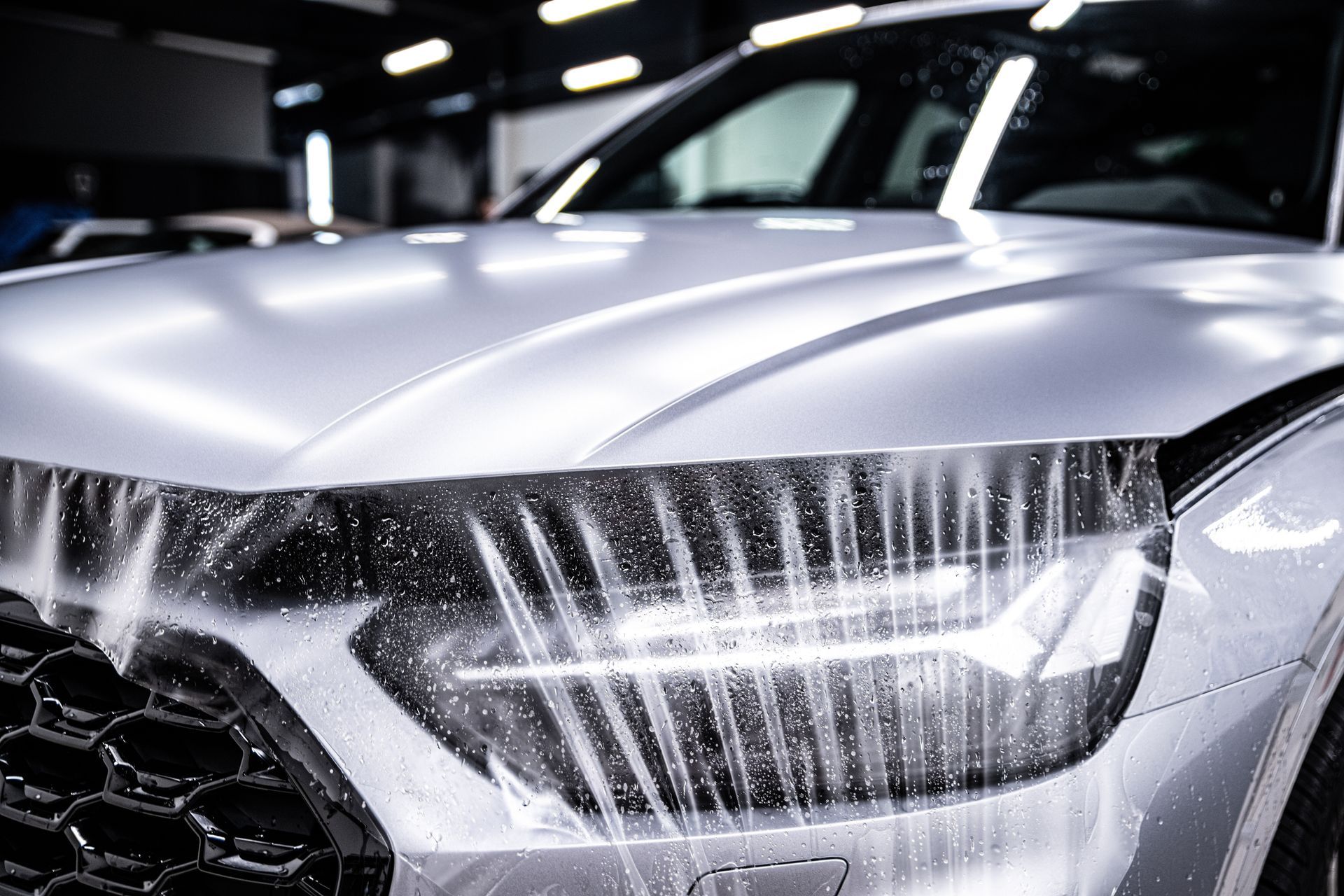The Role of Ceramic Coating in Classic Car Protection: Benefits and Durability
GET A QUOTECALL (770) 722-3486
When it comes to protecting classic cars, every owner knows that maintaining the beauty and integrity of their vehicle is a challenge. With so many environmental hazards out there—from harsh sunlight to road grime—it's easy to feel overwhelmed about how to keep your cherished ride looking like new. That's where ceramic coatings come into play. These modern marvels not only provide a reliable shield against damage; they also enhance gloss and depth like no traditional wax ever could!
Ceramic coating plays a crucial role in classic car protection by creating a durable, chemical-resistant layer that guards against environmental hazards such as UV rays, dirt, and contaminants. It enhances the vehicle's shine while providing long-lasting protection compared to traditional waxes, ensuring that your classic car retains its aesthetic appeal and integrity over time.
The Science of Ceramic Coating
Ceramic coatings serve as more than just an aesthetic enhancement; they fortify your classic car. When you apply these liquid polymers, they chemically bond with the factory paint thanks to their intricate molecular structure, primarily consisting of silicon dioxide (SiO₂) and titanium dioxide (TiO₂). This bond creates a robust layer that enhances paint durability and provides a multitude of protective benefits, making it a worthy investment for any vintage vehicle enthusiast.
How the Chemistry Works
At the core of ceramic coatings’ effectiveness lies their advanced chemistry. The silicon dioxide, when applied, undergoes a chemical reaction that hardens into a durable shell upon exposure to air. This process forms a tight link to the paint surface, resulting in a coating that is thinner yet stronger than traditional waxes or sealants. Unlike wax, which can be up to 20 microns thick and often washes away within months, a ceramic coating typically ranges between 1 and 3 microns but lasts much longer—some products even promise protection for up to 7 years. This longevity is partly due to the hydrophobic effect created by the coating, which causes water to bead and roll off rather than sit on the surface. This property makes cleaning significantly easier; dirt and grime simply don’t stick as readily, allowing you to maintain that factory-like shine without excessive scrubbing.
Moreover, ceramic coatings significantly enhance UV resistance. Full exposure to sunlight over time can lead to oxidation and fading of your vehicle's paint, especially for classic cars that might display vibrant colors if well-maintained. However, ceramic coatings can reduce this risk by preserving the original paint beneath a protective layer. This protection helps maintain the vehicle’s showroom-like finish for years to come!
Benefits of Ceramic Coating for Classic Automobiles
Classic cars are more than just vehicles—they’re prized possessions, rolling pieces of history, and a source of pride for their owners. Preserving their beauty and originality requires more than standard upkeep. Ceramic coating has emerged as one of the best solutions for long-term protection and enhanced appearance. Here are some benefits:
- Exceptional Environmental Protection: Ceramic coatings form a strong, invisible shield that defends your vehicle’s paint from environmental hazards such as UV rays, acid rain, bird droppings, and road grime. For classic cars with rare or original paintwork, this protection is especially crucial. It helps maintain the paint's vibrancy and prevents oxidation or fading over time. Your classic remains well-preserved even when exposed to the elements.
- Durable, Wax-Free Finish: Traditional waxes wear off quickly, often requiring reapplication every few months. In contrast, ceramic coatings bond chemically with your car’s surface, creating a tough, resilient layer that stays intact for years. This long-lasting protection means less time spent on frequent maintenance. You get peace of mind knowing your classic car is shielded with a coating designed to endure.
- Showroom-Quality Shine: A ceramic-coated classic car has a deep, mirror-like gloss that amplifies its original color and paint clarity. The reflective surface not only draws attention but also adds depth and richness to the finish that wax simply can’t match. At car shows or on the road, your vehicle stands out with a head-turning brilliance. It’s a finish that honors the craftsmanship of classic automotive design.
- Long-Term Gloss Retention: One of the most impressive qualities of ceramic coatings is their ability to maintain a high-gloss appearance for 2 to 7 years, depending on the product and care. This is a huge upgrade compared to traditional wax, which typically fades within a few months. The extended lifespan of ceramic coatings reduces the need for constant touch-ups. You can enjoy more driving time without sacrificing that like-new finish.
- Low-Maintenance Care: Classic cars often require delicate handling, and ceramic coatings make that easier by offering a self-cleaning effect. Dirt, dust, and water have a harder time sticking to the surface, allowing for quick, gentle cleaning. You spend less time detailing and more time appreciating your vehicle on the road or at events.
Whether your goal is to showcase your vehicle or preserve it for years to come, ceramic coating is a smart investment for any classic car enthusiast. It offers a combination of preservation, enhancement, and ease of maintenance that traditional methods can’t match.
Application Process for Car Owners
Applying a ceramic coating doesn't require professional expertise; it can be a satisfying DIY project that you can accomplish at home. However, proper execution is key to ensuring that your beloved classic car receives the protection it deserves. By adhering to a systematic, step-by-step approach, you can protect your vehicle's finish and achieve a glossy shine that is sure to attract attention wherever you go.
Step-by-Step Guide to Applying Ceramic Coating
- Preparation: Start by washing your vehicle with a pH-neutral car shampoo. This procedure ensures the paint is cleaned without being stripped of existing protection. Removing all dirt, grease, and road grime lays the foundation for a successful application.
- Decontamination: Use a clay bar to remove embedded contaminants from the clear coat. This step smooths out the paint surface and eliminates particles that traditional washing can’t remove. A contaminant-free surface ensures maximum bonding of the ceramic coating.
- Application: Use a soft foam applicator pad to apply the ceramic coating in small sections—ideally 2x2 feet at a time. This technique allows for better control and even coverage without the risk of the product drying prematurely. Work with precision, as if you’re layering protection onto a fine piece of art.
- Technique: Apply a thin, consistent layer—more product doesn’t mean better results. Overapplication can lead to streaks, high spots, or waste. Think of it as applying polish, where subtlety and uniformity matter more than volume.
- Buffing: Wait 3 to 5 minutes for the coating to bond, then buff gently using a clean, plush microfiber towel. This procedure removes excess residue and ensures a streak-free, glossy finish. The process reveals the true depth and clarity of your classic car’s paint.
- Curing: Allow the coated vehicle to sit for at least 24 hours in a dry, climate-controlled area. Avoid any contact with moisture or direct sunlight during this time. This curing phase is critical—it's when the coating chemically bonds with your paint to form a durable, long-lasting shield.
Investing time into these steps provides long-lasting benefits—not just in appearance but also in protection for your cherished classic car.
Comparing Ceramic Coating to Traditional Wax
Ceramic coatings are superior to traditional waxes in preserving the aesthetics and longevity of your classic car for several crucial reasons. One of the most significant aspects to examine is durability. While traditional wax may provide a temporary shield lasting only about three to six months, ceramic coatings can offer remarkable protection that endures anywhere between two and seven years. This lengthy lifespan means less frequent applications and maintenance, significantly reducing long-term costs and effort associated with car care. Additionally, another formidable advantage lies in their protective capabilities. Ceramic coatings exhibit superior UV protection, effectively guarding your car’s paint from harmful sun rays that can fade and degrade materials over time. On the other hand, traditional wax offers decent protection but doesn’t match the safeguards provided by ceramics. Those who own classic cars likely understand how critical it is to protect their finishes from elements like sun exposure, dirt, and water, making this quality especially appealing.
In terms of resistance, ceramic coatings again take the lead. The chemical resistance offered by ceramic coatings far surpasses that of wax; they are designed to withstand various harsh environmental factors. Consider the impact of road salt, bird droppings, or tree sap on your paint job, which can cause significant damage if neglected. While wax can provide some level of defense against these menaces, it simply does not hold up as effectively under exposure when compared to the advanced chemistry of ceramics. And let’s not overlook aesthetics, which play an essential role in the car enthusiast community. As for shine, both options promise a glossy finish. Yet, ceramic coatings provide what many describe as a “factory-like” shine—an appeal sought after by classic car collectors for show-worthy vehicles. Wax will give you glossiness too, but over time it may diminish quicker under exposure to the elements and regular washing. This enduring sheen enhances visual appeal and contributes to lowering wash frequency—a welcome benefit for many busy owners.
Another consideration that frequently weighs on potential buyers and users involves application enjoyment. Speaking of ease of use, while applying traditional wax tends to be straightforward—a quick wipe-on, wipe-off process—ceramic coatings demand a bit more finesse and preparation. A proper ceramic application involves multiple steps, including cleaning, decontaminating, and curing time that can range from 24 to 48 hours. Car enthusiasts who are willing to invest time in upkeep can achieve impressive results by mastering this multi-step approach, making the extra effort worthwhile.
Cost and Maintenance Factors
When it comes to ceramic coating, one must first consider the initial investment required. If you choose professional application, costs can fluctuate significantly, generally ranging from $800 to over $2,100 depending on several variables, including vehicle size and the extent of coverage—note that prices for more extensive jobs or additional services like glass or wheel coatings can add anywhere from $200 to $300 each. So while you might stare at that initial bill and feel a bit daunted, it's essential to understand what you're paying for: high-quality protection that can drastically extend your vehicle's lifespan. Conversely, if you're more hands-on or budget-conscious, DIY kits are available at a lower cost—typically around $225 for the complete exterior of a car. However, keep in mind that this option requires a substantial time commitment of about 15 hours to apply properly.
The allure of ceramic coatings lies in their long-term benefits, which largely outweigh the upfront costs. For example, while traditional wax may need reapplication every couple of months—a cycle that can add up over time—ceramic coatings can last up to seven years or more when applied correctly. This impressive durability means you won’t have to constantly worry about the effects of weather or contaminants; your classic car stays in top condition with far less frequent upkeep. More importantly, maintaining a ceramic-coated vehicle doesn't require intensive labor. The coating's appearance and performance can be effectively refreshed through annual rejuvenation treatments. It's akin to treating your car to a spa day without incurring significant costs.
When comparing initial costs with long-term savings on maintenance and repair, it's clear that investing in ceramic coatings is not just an expense but rather an investment in preserving your classic car's aesthetic value. So how does such an investment resonate with classic car enthusiasts? For enthusiasts who value their vehicles beyond simple transportation, the decision to apply ceramic coating transcends financial considerations. It's about safeguarding years of care and passion poured into restoring and maintaining a classic car. The peace of mind gained from knowing your investment is protected against daily wear and those unexpected environmental challenges ultimately trumps any hesitation about initial expenses.
In summary, ceramic coating stands out as a modern solution with timeless benefits. From enhancing long-term gloss to offering unmatched protection against the elements, it bridges the gap between aesthetics and functionality. Whether you're showcasing a prized collector’s piece or taking your restored beauty out for occasional drives, ceramic coating provides peace of mind and lasting value. It’s not just a layer of defense—it’s a commitment to honoring the craftsmanship, character, and care that make classic automobiles truly special!
Exceptional Ceramic Coating Services in Marietta, GA
Give your vehicle the care it deserves with LeJeune Ceramic Coating & Paint Protection—Marietta’s trusted name for long-lasting surface defense and high-gloss finishes. Our expert team uses
advanced ceramic technology to guard against UV rays, road grime, and daily wear while enhancing your car’s natural brilliance. Whether you're protecting a new ride or preserving a classic, our precision application ensures your paint stays showroom-worthy for years. Experience the difference real protection makes—schedule your appointment with LeJeune Ceramic Coating & Paint Protection today!

